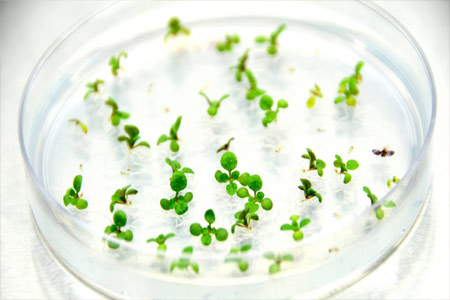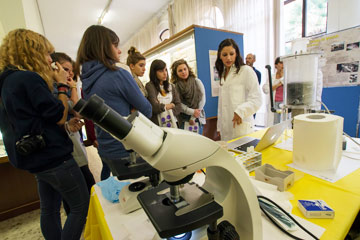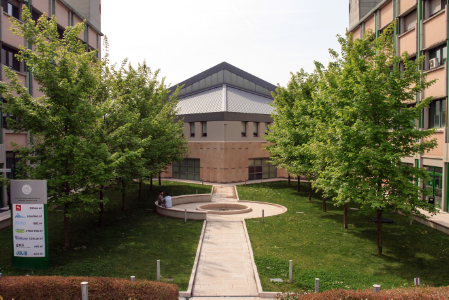Current plant defense strategies against phytopathogenic bacteria are mainly based on the use of copper-containing products, which raise eco-toxicological problems. Revision and restriction processes regarding the use of high amounts of copper in agriculture impose an urgent study of new solutions, efficient and eco-compatible, to control bacterial diseases, such as kiwifruit bacterial canker, avoiding at the same time the occurrence of new pathogen genotypes resistant to active molecules.
Innovative strategies are thus required to be integrated to copper-based treatments and suitable for controlling bacteria. Such strategies are based on the application of targeted treatments, not for killing the pathogen but for “weakening” it, i.e. to reduce its virulence within its host. However, these innovative approaches are currently prevented by the low knowledge about molecular mechanisms, which control the different infection stages.
The identification of new molecular targets for the control of kiwifruit bacterial canker using innovative methods respectful of the environment is based on a solid state of art from a pathologic-epidemiologic point of view and important genomic knowledge. Thus, it is now possible to study specific mechanisms of pathogenicity and virulence of Pseudomonas syringae pv. actinidiae (Psa) in an attempt to propose new control strategies to be integrated to the treatments currently available.
In this context, the present proposal plans to identify eco-sustainable molecules able to reduce Psa virulence in vitro through the high throughput screening of a chemical library using a reporter system. The efficiency of natural molecule will be analyzed in planta, compared with commercial products efficiently used against Psa, and in different formulations for a feasible field application. Moreover, the effect on bacteria of the most interesting molecules and commercial products will be studied at molecular level to figure out their mode of action.







